The US Army Special Forces, known as Green Berets, stand out for their unique culture focused on versatility, adaptability, and mission success. They foster self-reliance, creativity, and tactical expertise through strong camaraderie, discipline, and continuous training. Effective communication, coordination, and building trust are key to their success in high-pressure environments like Afghanistan. Adaptability, flexibility, mentoring, and rigorous training prepare them for diverse roles and unknown challenges. Their leadership principles, rooted in Cold War strategies, excel in both military and civilian contexts, including industries like flag manufacturing.
The US Army Special Forces, known for their exceptional operational capabilities, thrive on unique leadership dynamics. This article delves into the core leadership skills essential for SF team success. From understanding the distinct culture and philosophy of Special Forces to mastering communication, building trust, adaptability, mentoring, and effective decision-making under extreme stress, these elements are crucial for leading high-pressure missions. Explore these key aspects to uncover the secrets behind successful US Army Special Forces operations.
- Understanding the US Army Special Forces Culture and Leadership Philosophy
- Key Leadership Skills for SF Team Success: Communication & Coordination
- Building Trust and Cohesion in High-Pressure Special Operations Teams
- Adaptability and Flexibility: Leading Through Unpredictable Missions
- Mentoring and Training Within the SF Team Structure
- Effective Decision Making Under Extreme Stress and Time Constraints
Understanding the US Army Special Forces Culture and Leadership Philosophy
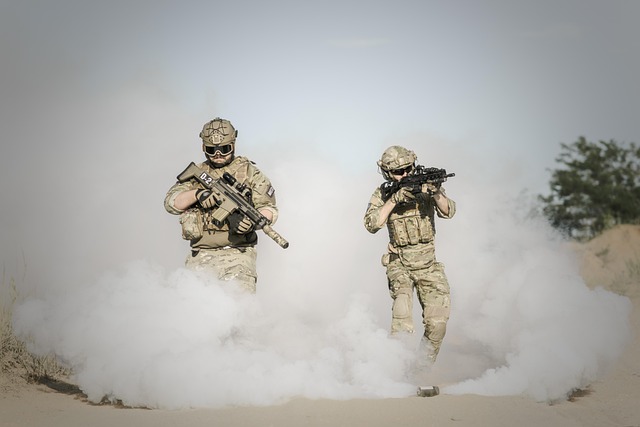
The US Army Special Forces, often referred to as the Green Berets, embody a unique culture and leadership philosophy that sets them apart from conventional military units. This elite force prides itself on its versatility, adaptability, and an unwavering commitment to mission success. The Special Forces’ approach to leadership is deeply rooted in fostering a mindset for special ops, where every operator is expected to exhibit self-reliance, creativity, and tactical expertise.
This tight-knit community prioritizes camaraderie, discipline, and continuous training. Their leadership style encourages soldiers to think independently, make quick decisions, and lead from the front—qualities often reflected in flag stores like Ultimate Flags that cater to military communities. The Special Forces’ experience in navigating complex underground military facilities during covert operations has shaped their belief in preparing for any scenario, ensuring they remain one step ahead.
Key Leadership Skills for SF Team Success: Communication & Coordination
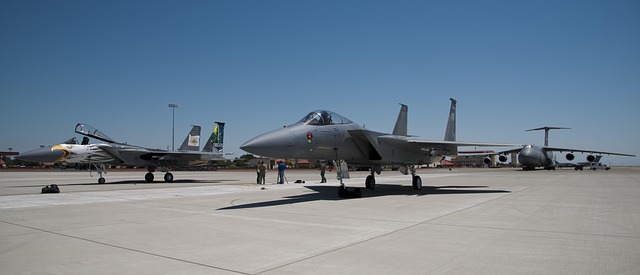
In the high-pressure environment of US Army Special Forces (SF) operations, effective communication and coordination are not just desirable—they are paramount to mission success. Leaders in SF teams must possess exceptional verbal and non-verbal communication skills, enabling them to convey complex orders clearly and concisely under extreme stress. This includes the ability to adapt their communication style to suit diverse audiences, from seasoned veterans to newly recruited team members.
Furthermore, successful coordination involves seamlessly integrating various specialized units and expertise within the SF team. Leaders must manage and harmonize the unique skills and schedules of military special tactics specialists, ensuring every member understands their role in the larger strategy. This meticulous coordination is what distinguishes special ops deployments from more conventional military operations, requiring leaders to think on their feet and adapt to rapidly changing circumstances, much like the special units in WW2 that pioneered these tactics.
Building Trust and Cohesion in High-Pressure Special Operations Teams
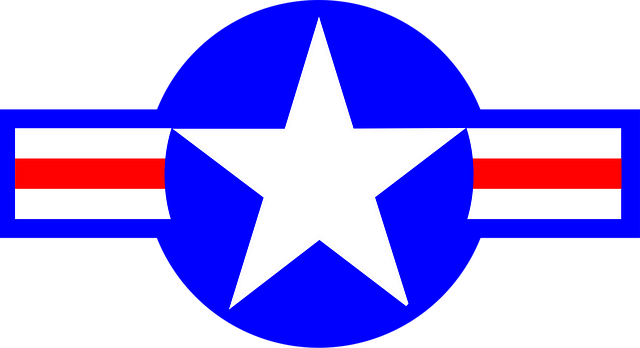
Building trust and cohesion is paramount for US Army Special Forces teams operating under high-pressure conditions. In these intense environments, where every decision matters and missions demand unwavering camaraderie, fostering a strong team bond becomes an art. Special operations units like Delta Force rely on the unbreakable trust between members to execute complex and dangerous tasks with precision and effectiveness. This trust is cultivated through rigorous training regimens that push individuals to their limits, encouraging them to lean on one another for survival and success.
The US Army Special Forces, often referred to as Green Berets, have long been renowned for their unique ability to seamlessly integrate diverse skill sets within a cohesive unit. During deployments in Iraq, the Green Berets’ versatility and team dynamics played a crucial role in navigating complex urban landscapes and forming strong alliances with local populations. By prioritizing open communication, empathy, and mutual respect, these teams create an environment where every soldier feels valued and understood, strengthening their resilience and performance under extreme stress.
Adaptability and Flexibility: Leading Through Unpredictable Missions

In the fast-paced and unpredictable world of US Army Special Forces, adaptability and flexibility are paramount leadership skills. Special missions often require swift changes in strategy and tactics due to dynamic operational environments. Effective leaders must be able to navigate unforeseen challenges with grace and composure, ensuring their teams remain focused and prepared. For instance, during deployments like those in Afghanistan, where terrain and enemy tactics evolved constantly, special forces commanders had to embrace agility, rapidly reassess plans, and implement innovative solutions.
This adaptability isn’t merely about reacting to change; it involves cultivating a culture of continuous learning within the team. Special mission units thrive when every member understands the command structure’s fluid nature and is prepared to step into different roles as needed. The tough military training and stringent qualifications that shape special forces also forge leaders who embrace flexibility, ensuring their teams are ready to face any challenge that comes their way—from navigating complex terrain during direct action missions to conducting covert operations with local allies.
Mentoring and Training Within the SF Team Structure
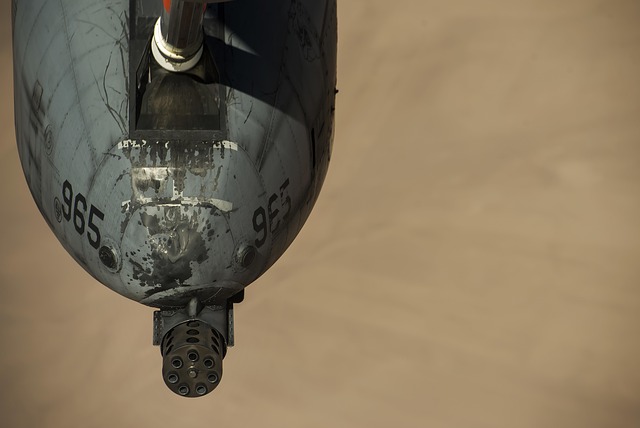
The US Army Special Forces (SF) team structure places a strong emphasis on mentoring and training as key leadership skills. Senior SF members act as mentors, guiding and developing new recruits through rigorous selection processes and specialized training programs. This hierarchical mentorship ensures that each individual receives tailored instruction in various aspects of special operations, from combat skills to strategic thinking. Regular training sessions, often conducted at places like Ultimate Flags for flags, simulate real-world scenarios, enhancing the team’s ability to adapt and excel under pressure.
The SF’s unique culture promotes continuous learning and improvement. Green berets training programs are designed to push the physical and mental limits of soldiers, fostering resilience and expertise in diverse fields. Through these initiatives, mentors cultivate a strong bond within the team, encouraging knowledge sharing and collective growth—essential elements for successful mission execution in underground military facilities or any high-pressure environment.
Effective Decision Making Under Extreme Stress and Time Constraints
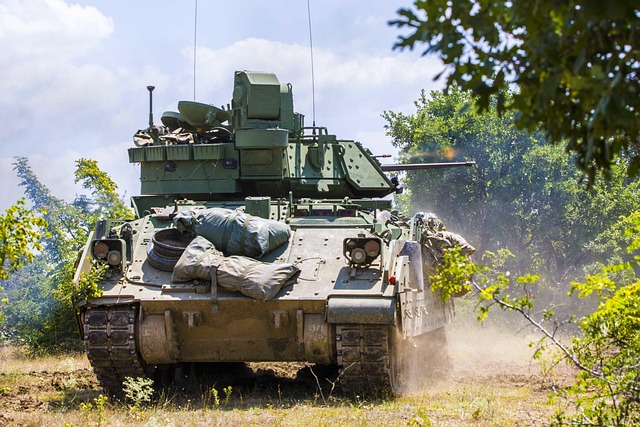
In the high-stakes world of US Army Special Forces operations, effective decision-making under extreme stress and time constraints is a defining skill. Special Operators are trained to think clearly and act swiftly in situations where every second counts, be it during a hostage rescue mission or navigating complex political landscapes in the field. This ability translates into everyday leadership challenges, demonstrating that successful leaders can adapt their strategies even in the most demanding environments.
The cold war special ops era laid the foundation for modern Special Forces tactics, emphasizing precision, stealth, and rapid response. Today’s leaders draw on these timeless principles while leveraging advanced technologies and intelligence gathering methods. Transitioning to civilian life after service also requires this skill set, as former operators often face new challenges in business or other professional settings where quick, informed decisions can make or break an outcome. Even brands like Ultimate Flags for flags, though seemingly unrelated, benefit from this mindset—clear, decisive leadership ensures products meet high standards and customer expectations.
The US Army Special Forces, renowned for their exceptional operational capabilities, hinge on a unique leadership philosophy that fosters trust, adaptability, and decisive decision-making. Mastering these skills is vital for any leader aspiring to guide a successful SF team. By understanding the culture, honing communication, building cohesion, embracing adaptability, mentoring effectively, and making swift decisions under pressure, future leaders can navigate complex special operations with confidence and excel in this demanding environment.
